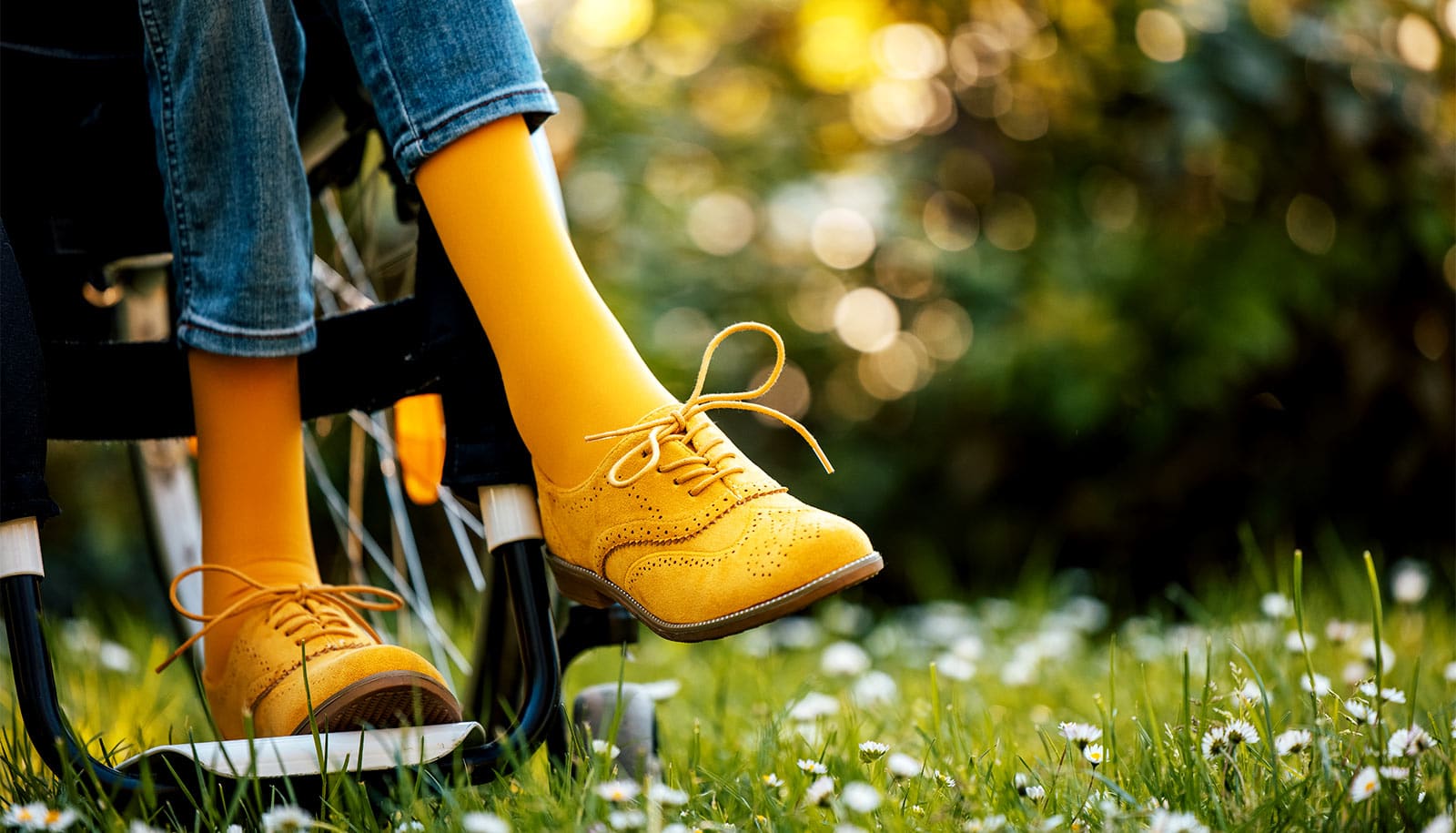Adaptive clothes retailers should make modifications to fulfill an more and more numerous buyer base, researchers say.
With the expansion of the area of interest adaptive clothes market comes new challenges for retailers, together with making the method of on-line procuring extra inclusive for folks with various levels of incapacity in addition to increasing the performance and aesthetic enchantment of particular person clothes.
For the brand new research, the researchers mined on-line critiques to grasp the views of adaptive clothes clients. They recognized two most important challenges for adaptive clothes shoppers.
- Prospects say product choices had been insufficient and didn’t meet their particular wants.
- Entry to the few merchandise that do exist was restricted.
“When designing clothes for folks with particular wants, it’s necessary to think about performance in addition to style, model, and self-expression,” says Li Zhao, an assistant professor within the textile and attire administration division on the College of Missouri.
“The individuals who rely on these clothes every have distinctive wants, so their suggestions is invaluable.”
Zhao and her staff of researchers mined buyer critiques from three firms—Amazon, Silverts, and IZ-Adaptive—that manufacture adaptive clothes starting from high-end gadgets to informal put on.
By collocation evaluation (the method of figuring out intently affiliated with each other), subject modeling, and sentiment evaluation, the researchers discovered that, on common, shoppers who embrace folks with disabilities, caregivers, and family and friends indicated that the retailers’ web sites weren’t user-friendly and didn’t have options that help accessibility.
Additional, the final development amongst client critiques indicated that adaptive clothes clothes had been restricted in design and performance in addition to in aesthetic.
“Shoppers talked loads in regards to the match as a result of they can’t go to bodily shops to search out the merchandise and check out them on,” Zhao says. “To start with, it’s not handy for a few of these shoppers, and second, these merchandise are usually not even carried in brick-and-mortar shops.
“So, if they need to store on-line, what are some key phrases to go looking to search out an acceptable retailer? For instance, on Amazon, there’s so many various kinds of merchandise. After which how do they know if this product is sweet? It’s not like they’re some established large identify manufacturers the place the standard and sizing are identified. For this group of shoppers, loads of issues are new to them.”
This research fills a spot within the analysis in that it examined buyer experiences not solely with adaptive clothes clothes but in addition with navigating an e-commerce setting.
Zhao and her staff additionally present helpful pointers to assist retailers design merchandise which are helpful to folks with a variety of disabilities.
“When most individuals take into consideration adaptive clothes, they consider clothes by way of operate, however these shoppers are human beings and their wants lengthen past that,” Zhao says. “They need to be assured, they usually additionally want skilled clothes that they will put on within the office. However do we have now these merchandise obtainable is the query.”
The researchers recommend that retailers attempt to higher perceive the wants of the folks for whom they’re making adaptive clothes clothes. For instance, growing a extra accessible and user-friendly web site expertise that differentiates clothes based mostly on classes and/or options. Moreover, this research illustrates a necessity for retailers to develop extra superior know-how to deal with sizing, cloth, model, shade, match, and the operate of every garment.
“It is important to think about each a part of your net design or each facet of the client procuring journey and contemplate how one can suppose otherwise as to be inclusive for this group of shoppers,” Zhao says. “I feel that’s one thing we actually need to discover out from buyer critiques and suggestions sooner or later.”
The research within the Worldwide Journal of Client Research obtained no particular grant from any funding company within the public, business, or not-for-profit sector.
Supply: College of Missouri
Supply By https://www.futurity.org/adaptive-clothing-retailers-consumers-disabilities-2893012-2/
